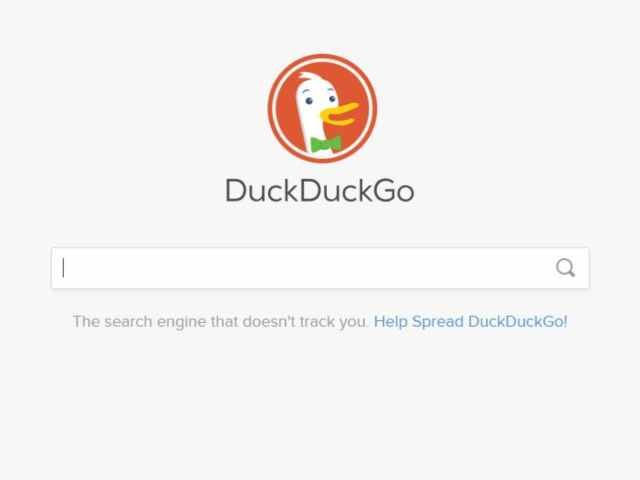DuckDuckGo, a pro-privacy search engine alternative, raised $10 million last week from Canada’s Omers’ venture capital fund amid growing privacy concerns from Google.
DuckDuckGo is designed to protect users’ privacy, while circumventing traditional “filter bubbles,” aimed at personalizing search results,. Crunchbase, a business information platform which tracks private and public companies, says Omers’ investment is the second round of funding DuckDuckGo has received since the alternative search engine’s founding in 2008. The first round of funding, an investment of $3 million was completed in 2011.
“With one of the fastest growing user bases in the segment, DuckDuckGo’s search engine offers users the opportunity to benefit from high-quality search results, with total peace of mind that they can maintain their confidentiality and anonymity,” the Omers wrote in a blog post celebrating the investment. “Over the last five years, issues of privacy and security in the digital world have become increasingly topical and controversial. In 2018, these concerns have risen to the forefront of public consciousness. Users are becoming more aware of their personal data and are increasingly concerned with protecting it.”
In a statement to TechCrunch, DuckDuckGo CEO Gabriel Weinberg revealed the fresh funds will be used to hire international employees and expand “the channels we use to market DuckDuckGo to have more of a global focus.”
“We are focused on staffing up to continue to deliver the best all-in-one privacy solution (the one we launched at the beginning of the year) and marketing, with a more particular focus on outside of the US,” Weinberg told the technology news outlet.
“Our top markets (in terms of search traffic) outside the US are: DE [Germany], UK, FR [France], CA [Canada], though we have significant growth and presence in most countries in terms of relative search market share,” he added.
As Breitbart News’ Tom Ciccotta reported this week, Douglas Schmidt, a research from Vanderbilt University, alleges to have discovered Google still has access to data of Google Chrome users browsing in private “Incognito” mode. “While such data is collected with user-anonymous identifiers, Google has the ability to connect this collected information with a user’s personal credentials stored in their Google Account,” the Vanderbilt professor stated in his report.
The eyebrow-raising discovery appears to contradict Google Chrome’s “Help,” page, which reads, “If you don’t want Google Chrome to remember your activity, you can browse the web privately in Incognito mode.”
In response to Schmidt’s findings, a Google spokesperson issued the following statement: “There are a number of different ways that Google may use location to improve people’s experience, including: Location, History, Web and App Activity, and through device-level Location Services. We provide clear descriptions of these tools, and robust controls so people can turn them on or off, and delete their histories at any time.”
Google Chrome is currently installed on over two billion devices and utilized by more than 50 percent of internet users.

COMMENTS
Please let us know if you're having issues with commenting.